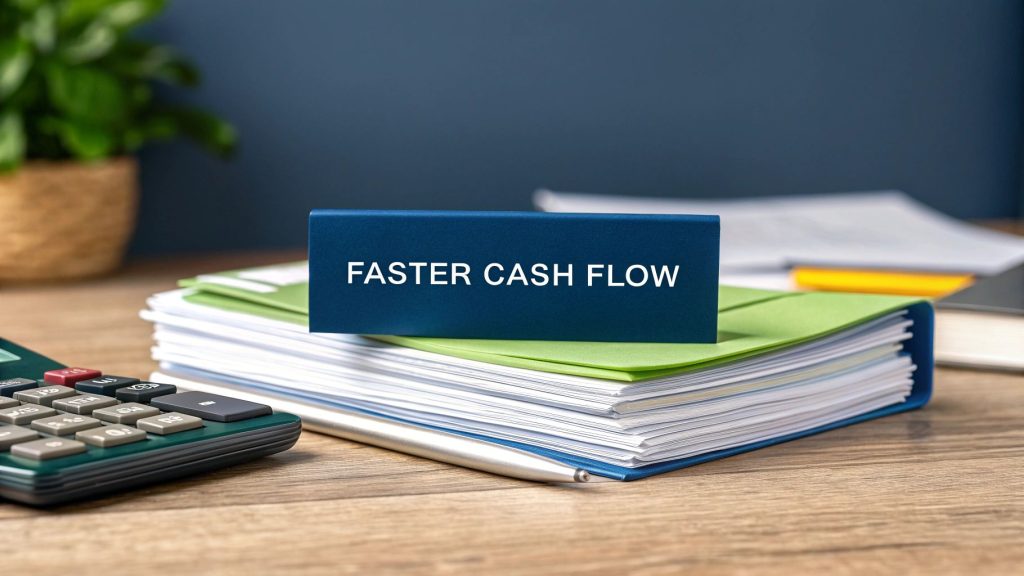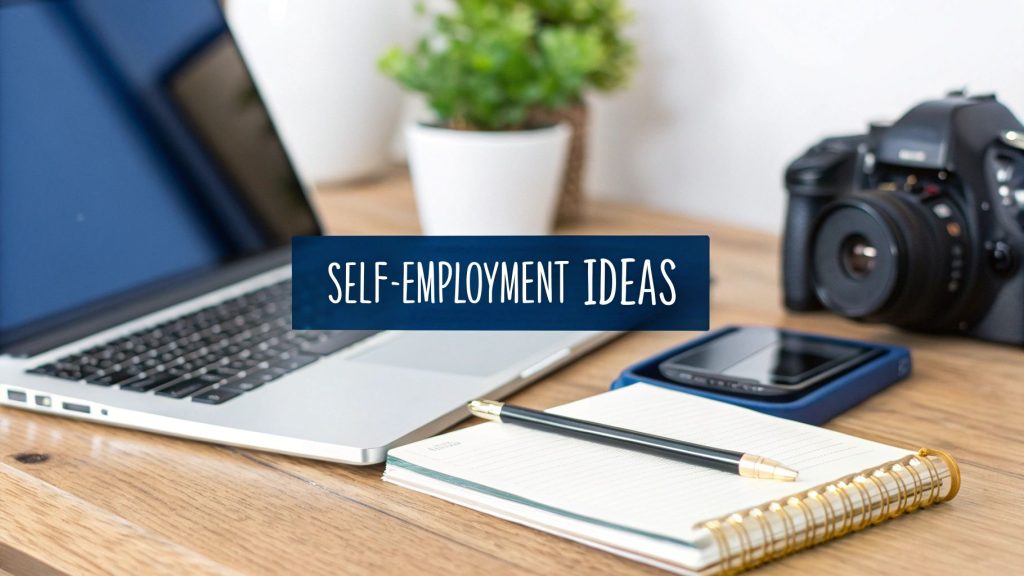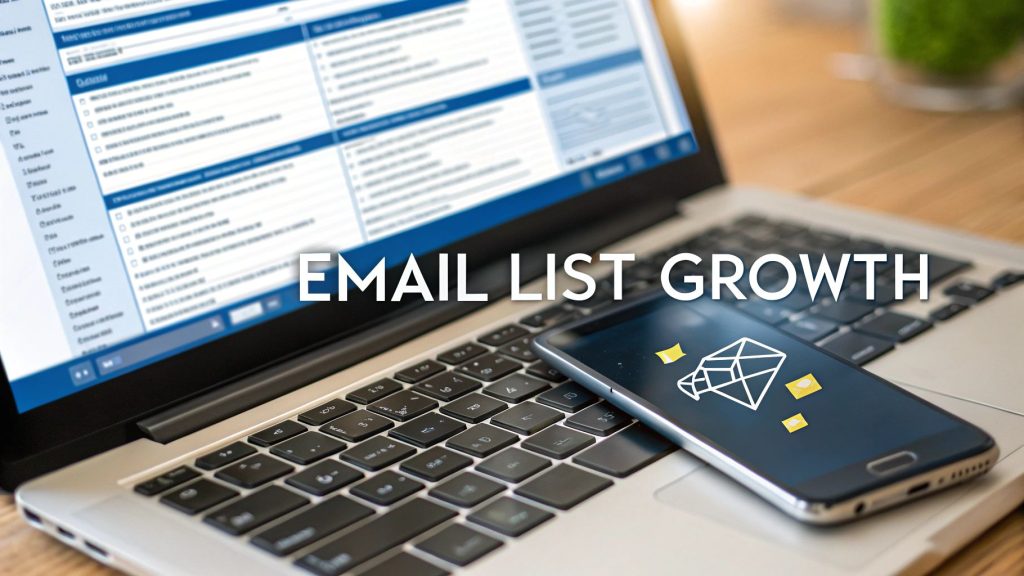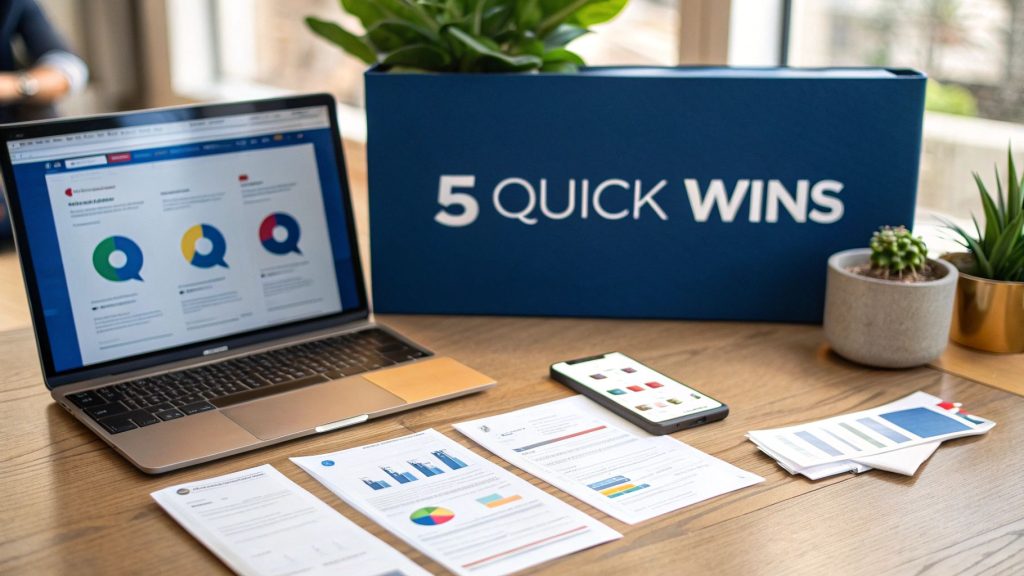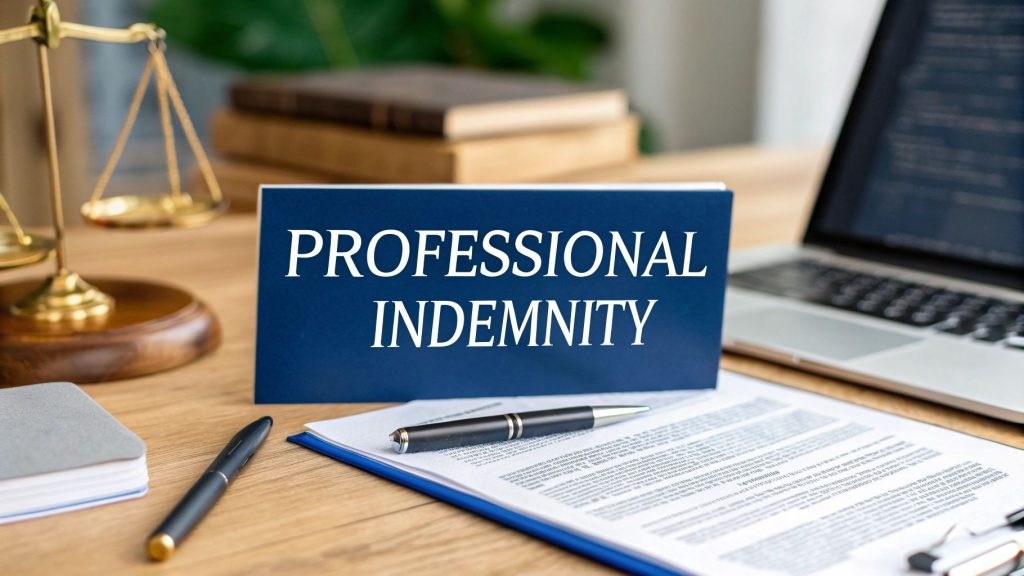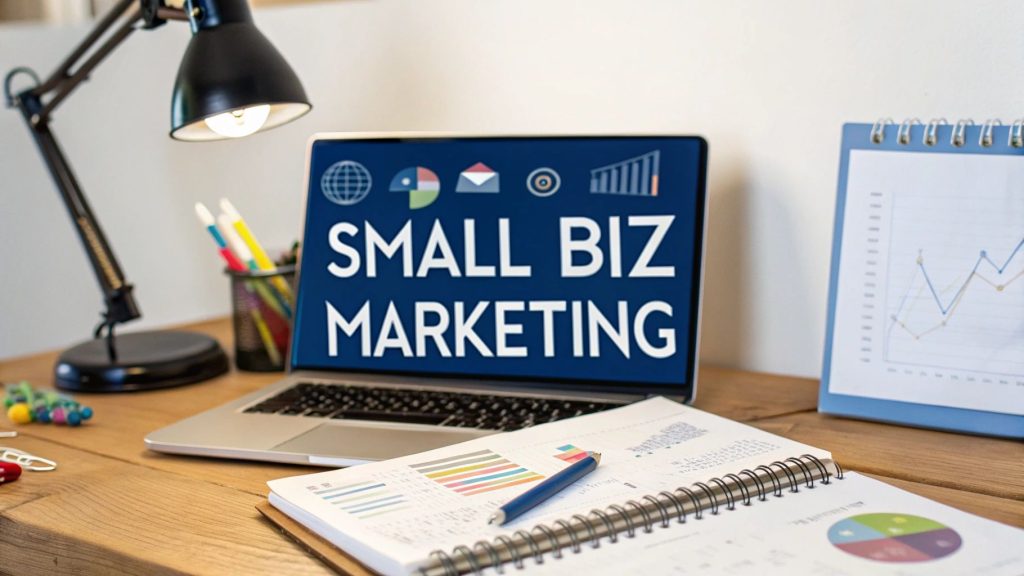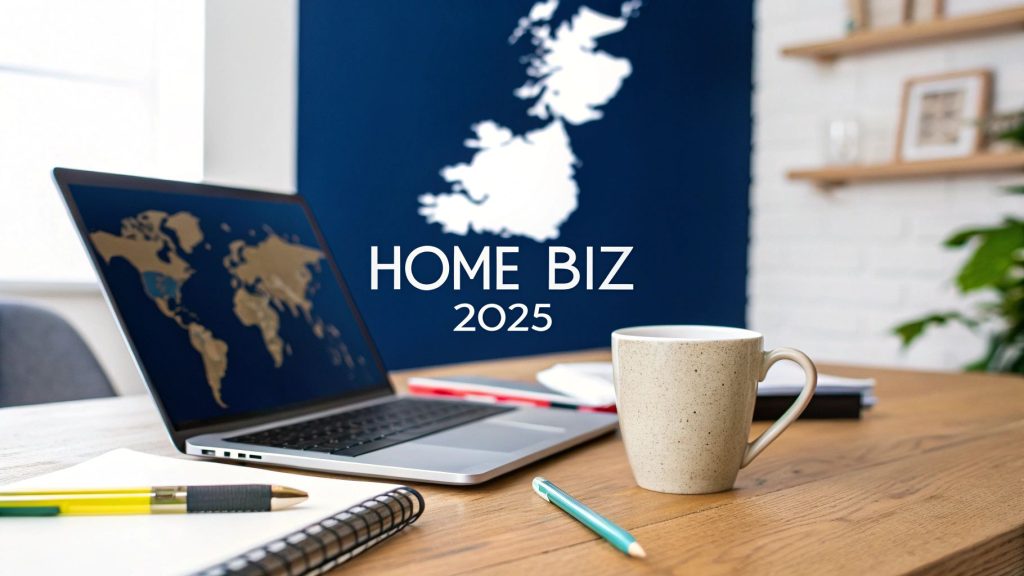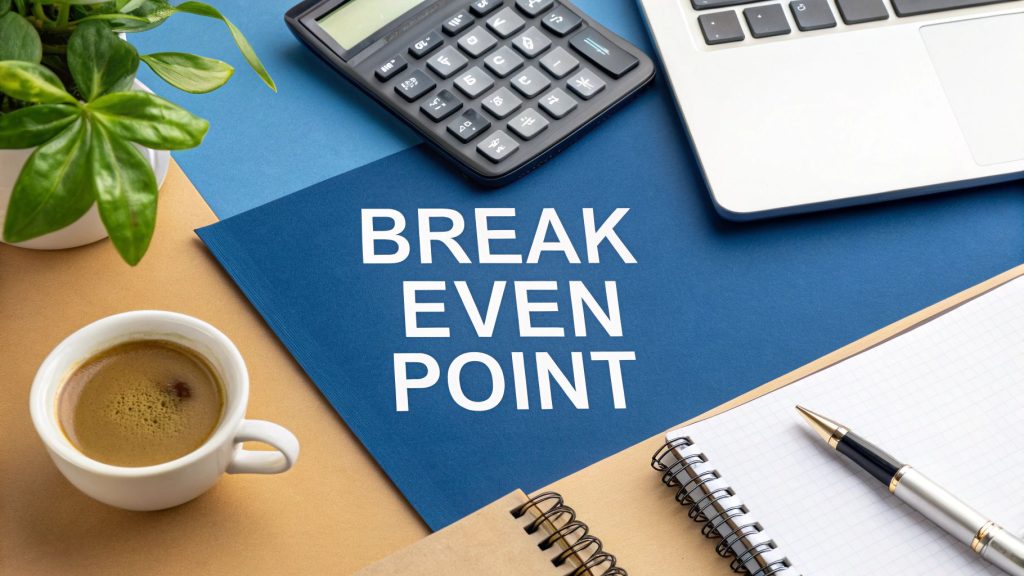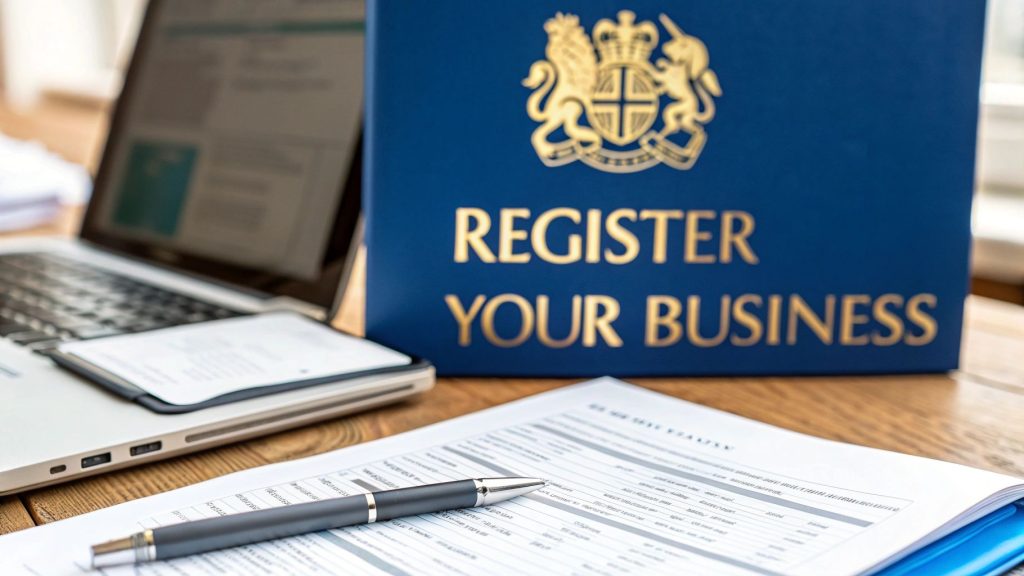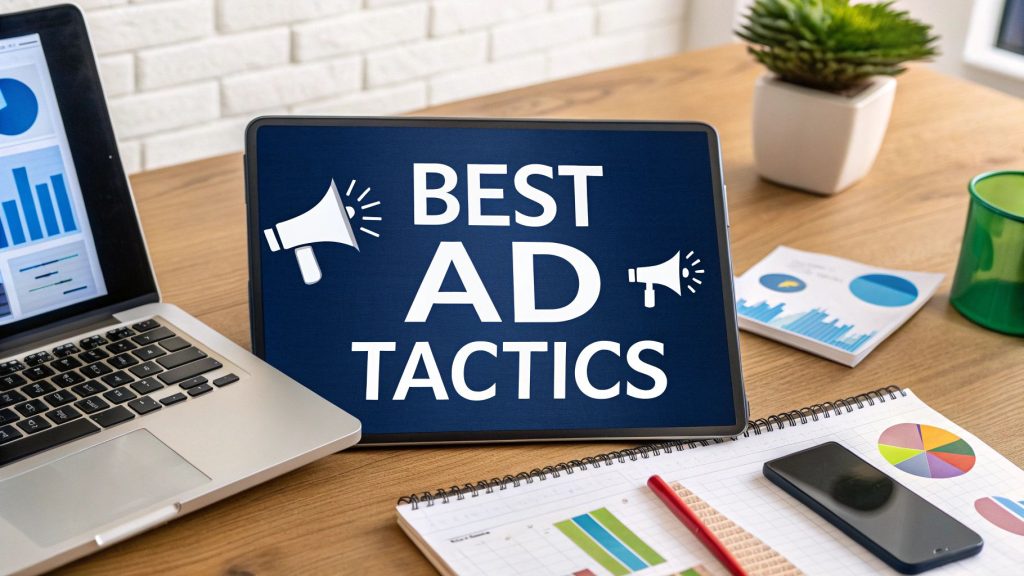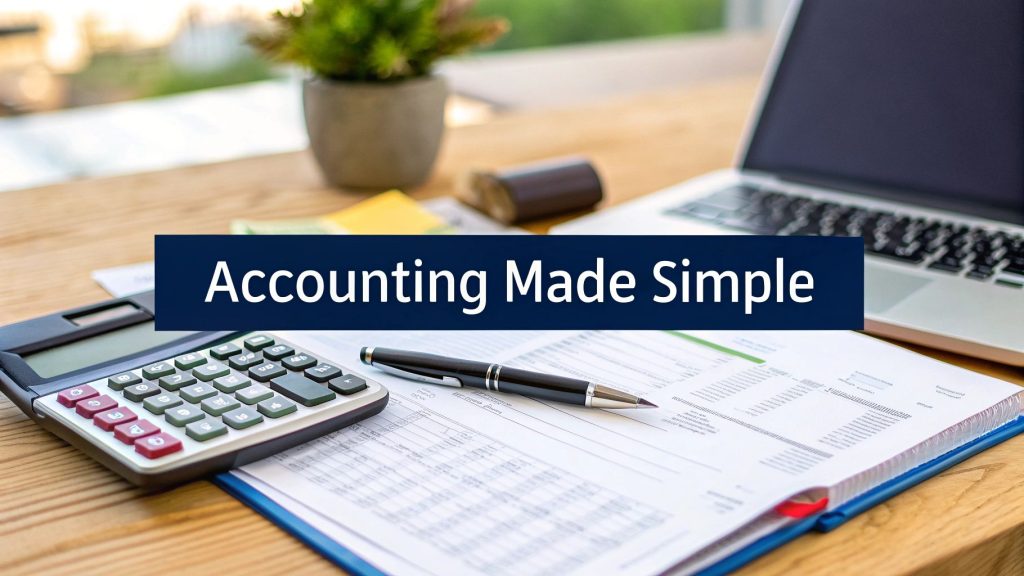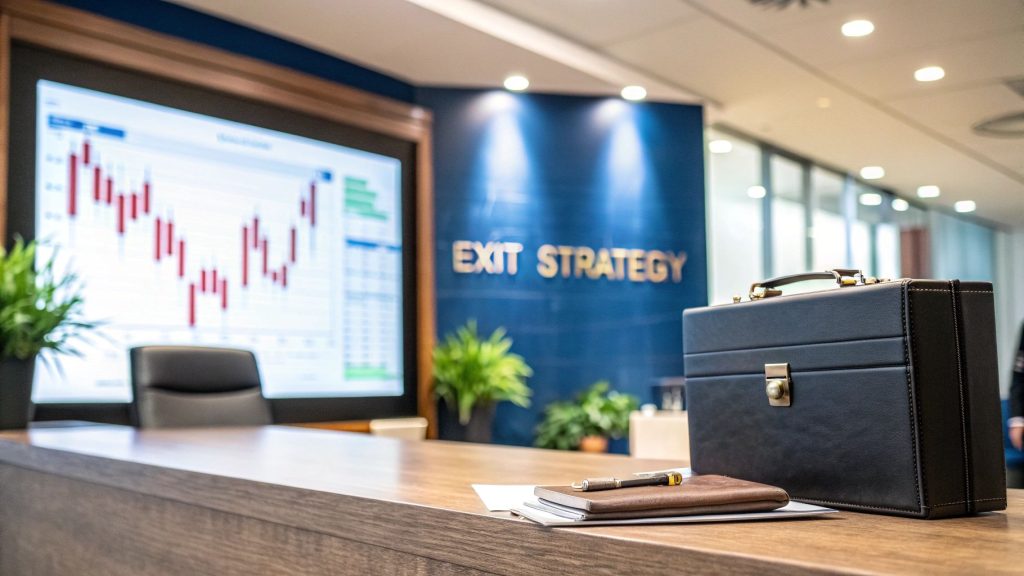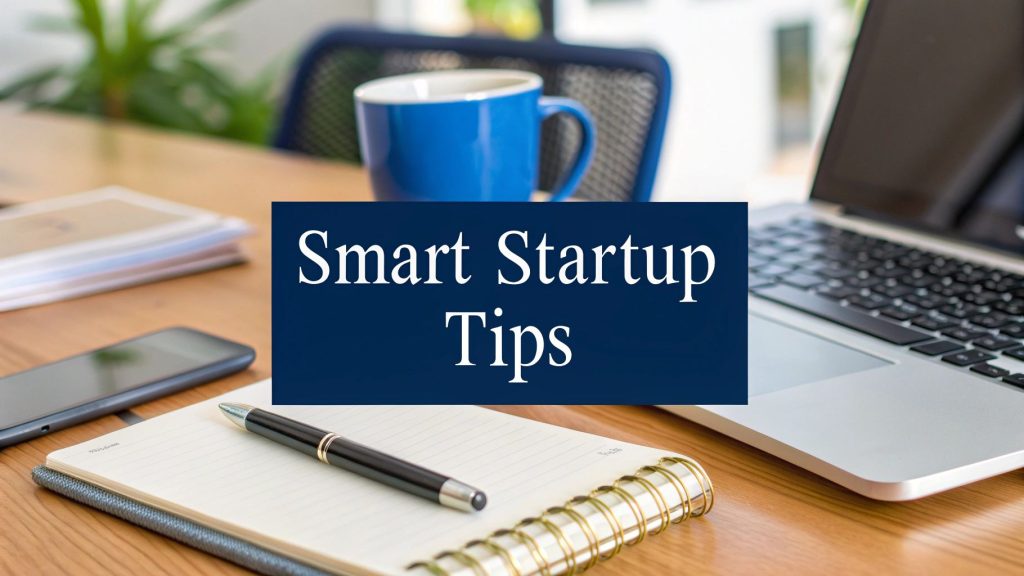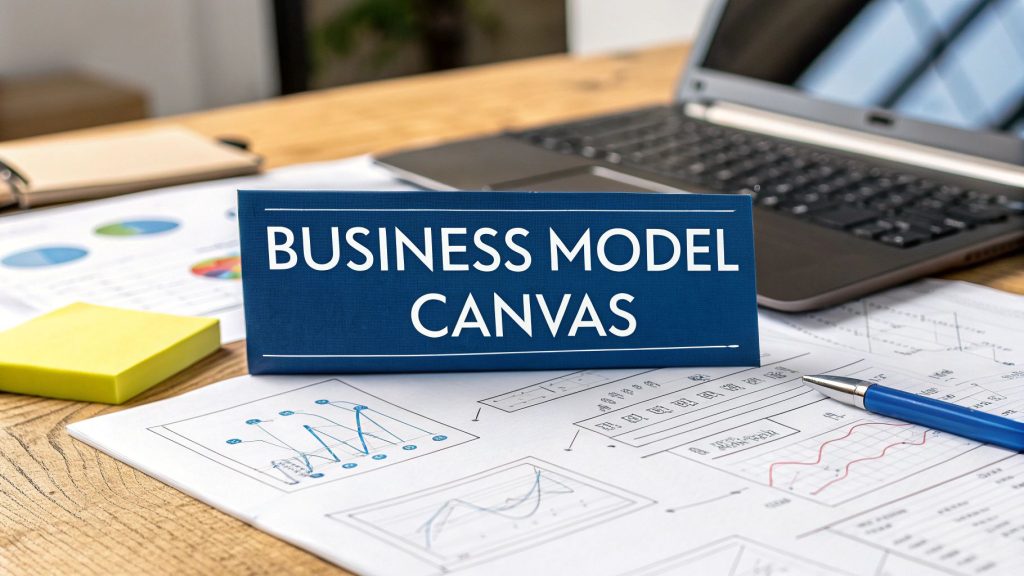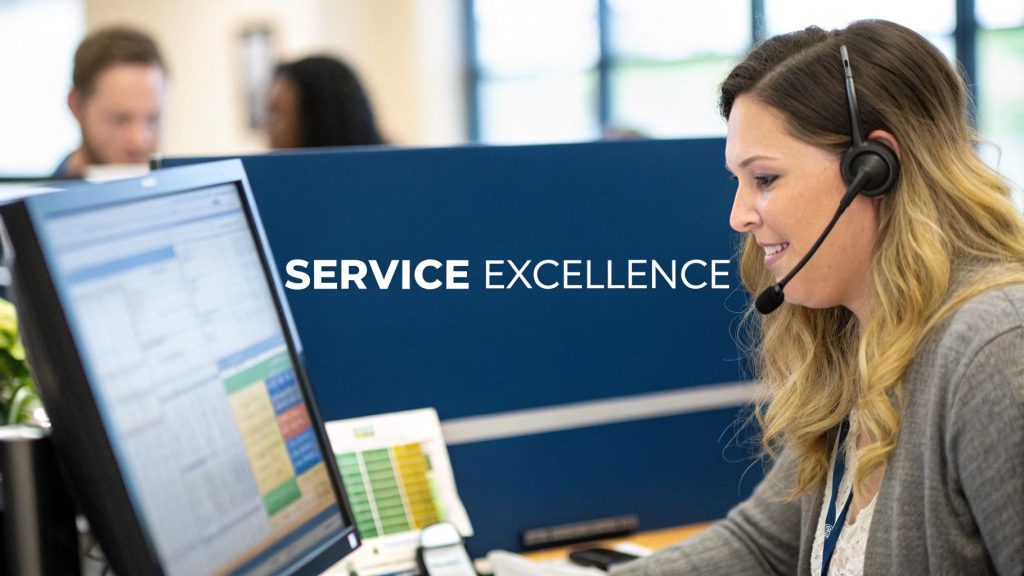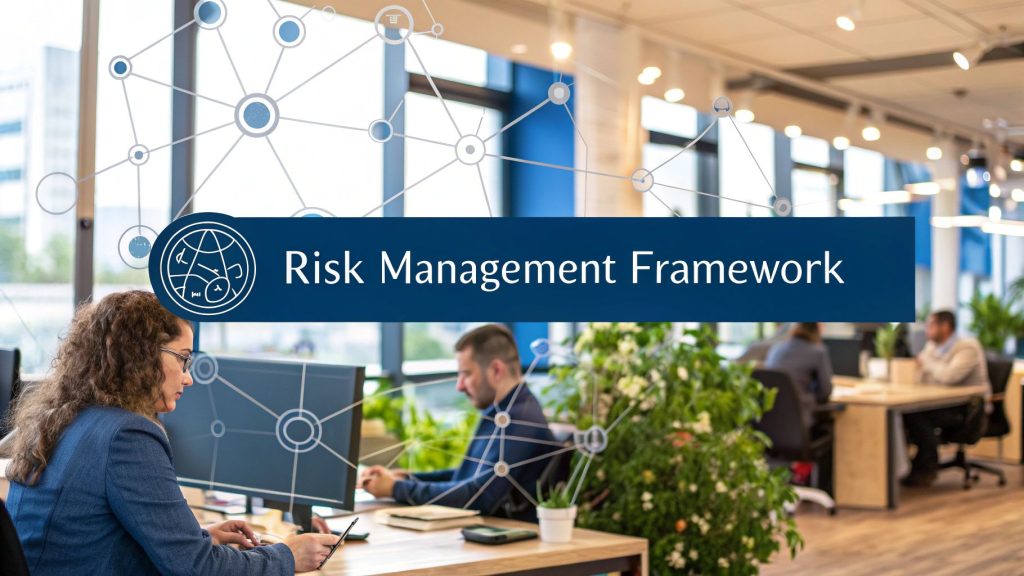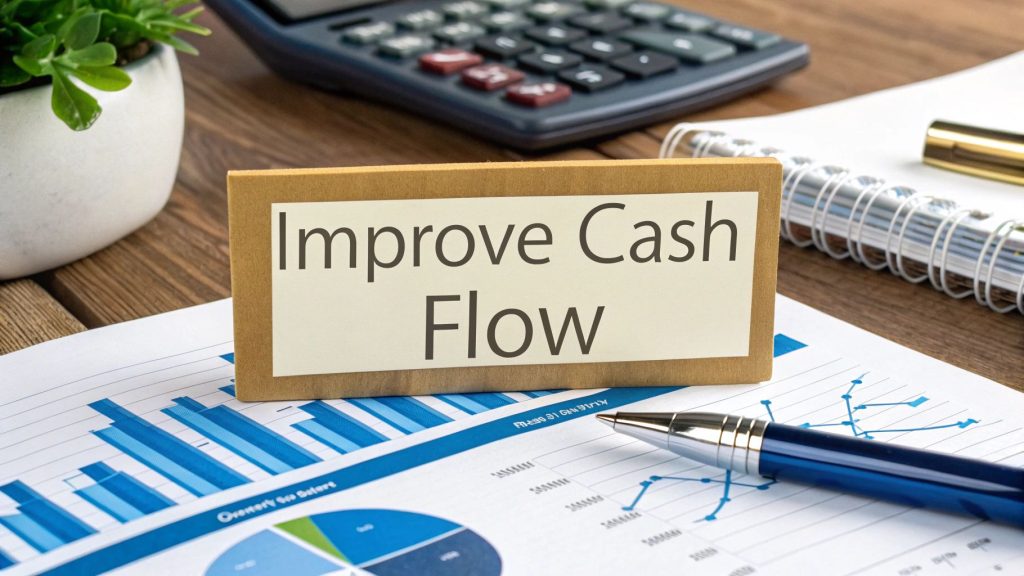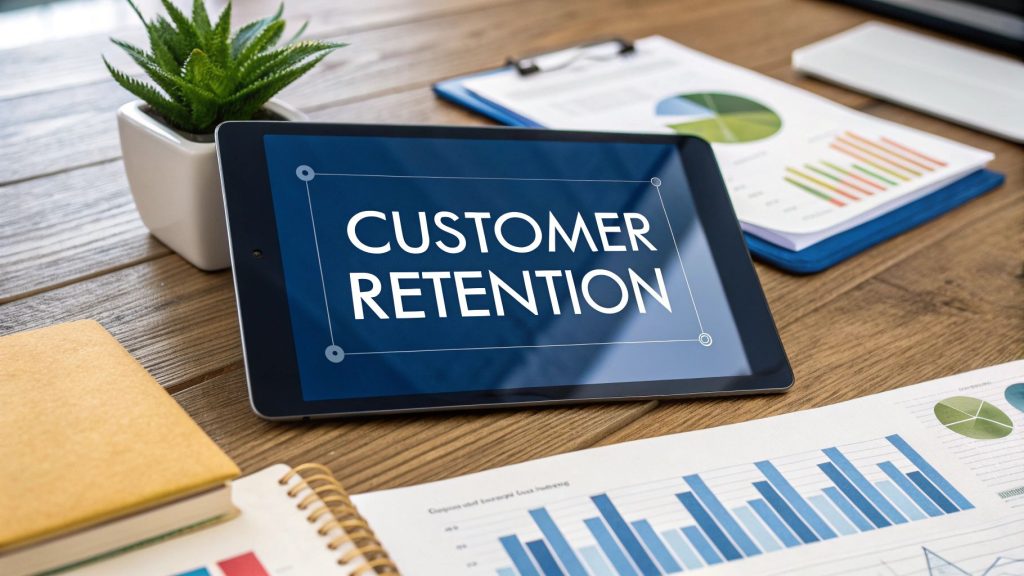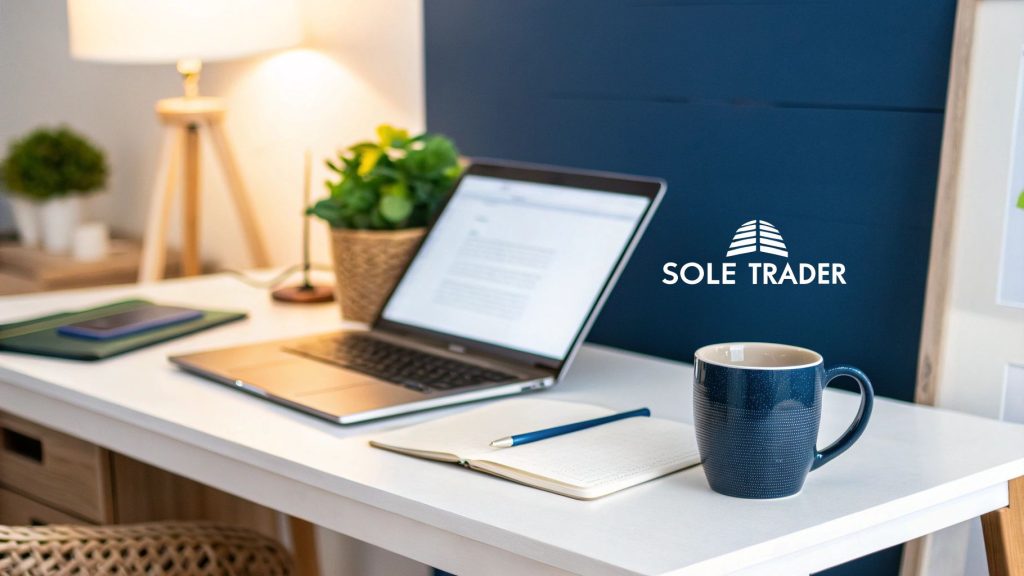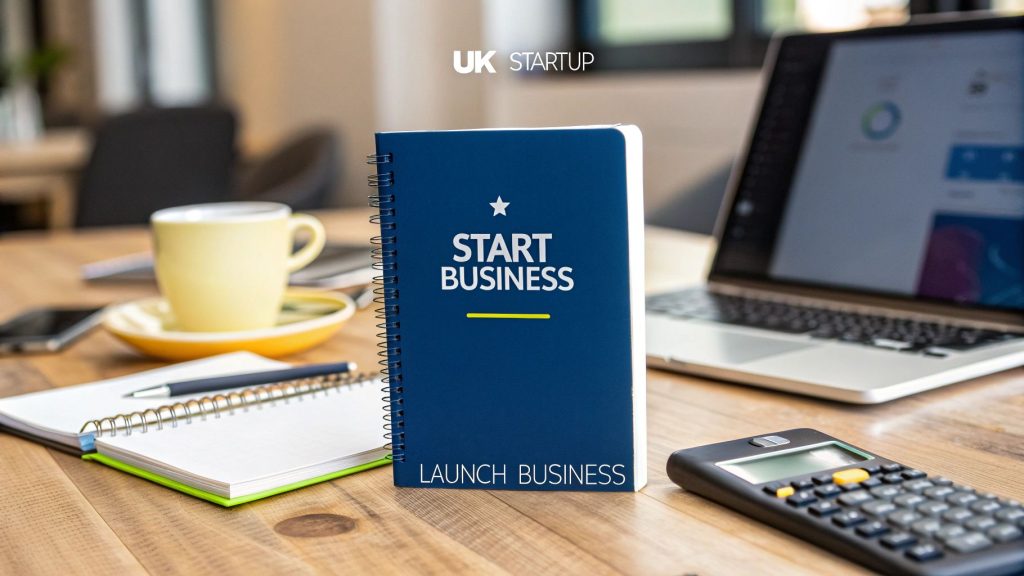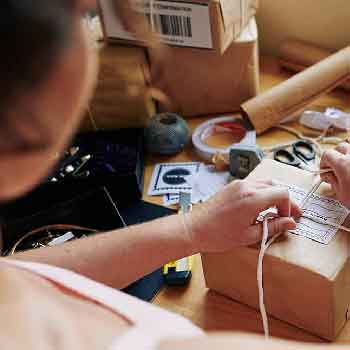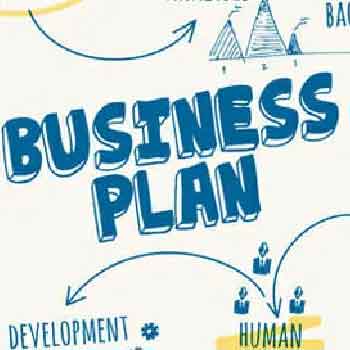How Much Does It Really Cost to Start a Small Business?
Starting a small business is an exciting journey, but one of the first questions most new entrepreneurs ask is: “how much does it really cost to start a small business?” The answer isn’t always straightforward. Costs can vary significantly depending on the type of business, industry, and location. However, by breaking down the most common startup expenses, you can build a clear picture of what to expect and how to budget effectively.
In this guide, we’ll walk through the real costs of starting a small business, from the bare essentials to the optional extras that can give your venture an early boost.

The Average Cost to Start a Small Business in the UK
Research from various business surveys suggests that the average cost to start a small business in the UK ranges between £5,000 and £20,000, depending on the sector. For some online or home-based businesses, the figure can be much lower—sometimes under £1,000—while for others, such as retail, hospitality, or manufacturing, costs can easily exceed £50,000.
Your own start-up cost will depend on:
-
The type of business you’re starting
-
Whether you need premises or can work from home
-
Your equipment and stock requirements
-
How much marketing you plan to do initially
-
The level of professional support you use (e.g., accountants, solicitors)
Core Costs of Starting a Small Business
Let’s break down the typical startup costs you’ll need to consider. These can be grouped into one-off expenses (setup) and ongoing costs (operational).
1. Business Registration and Legal Costs
-
Company formation – Registering a limited company with Companies House costs just £12 if you do it yourself online. Using a formation agent typically costs between £20 and £100, often with extras such as business bank account setup.
-
Sole trader registration – Free, but you must register for Self Assessment with HMRC.
-
Trademarks and intellectual property – A UK trademark starts at £170 for one class, plus £50 for each additional class.
-
Licences and permits – Costs vary widely by industry (e.g., alcohol licence, food hygiene certificate, street trading licence).
Estimated range: £0 – £500+
2. Premises and Office Space
Your biggest decision will be whether to work from home or rent premises.
-
Home office – Minimal cost, perhaps just furniture (£200–£500) and a good internet connection.
-
Coworking spaces – £150–£400 per month depending on city and facilities.
-
Commercial lease – Retail, warehouse, or office space can range from £500 to several thousand pounds per month, often with deposits and fit-out costs.
Estimated range: £200 – £10,000+ upfront, plus monthly rent
3. Equipment and Supplies
What you need depends on your business type.
-
Basic office equipment – Laptop (£500–£1,000), printer, phone, desk, and chairs (£300–£500).
-
Specialist equipment – Tools, machinery, or vehicles can run into thousands.
-
Initial stock – Retail or e-commerce businesses may spend £2,000–£10,000 on their first batch of products.
Estimated range: £500 – £20,000+

4. Marketing and Branding
Even the best product won’t sell if no one knows about it. Early marketing is essential.
-
Website – Domain name (£10/year), hosting (£50–£200/year), professional website design (£500–£3,000).
-
Branding – Logo design (£50–£500), business cards, signage.
-
Digital marketing – Social media ads, Google Ads, SEO services (£100–£1,000+ per month).
-
Traditional marketing – Flyers, networking, local ads (£100–£500+).
Estimated range: £500 – £5,000+
5. Professional Services
Professional advice helps you avoid mistakes.
-
Accountant – £200–£500 for initial setup, £500–£1,500 annually for ongoing services.
-
Solicitor – Drafting contracts, leases, or terms and conditions (£200–£1,000+).
-
Insurance – Public liability, professional indemnity, and employers’ liability insurance typically range from £100 to £500 annually each.
Estimated range: £500 – £3,000+
6. Staffing and Payroll
If you plan to hire staff, consider:
-
Recruitment – Advertising (£100–£500), or agency fees (10–20% of salary).
-
Wages – National Minimum Wage is £11.44 per hour (as of 2024). A full-time employee could cost £20,000–£25,000 annually.
-
Employer costs – National Insurance contributions and pension contributions add roughly 15% on top of wages.
Estimated range: £20,000+ per employee annually
7. Technology and Software
Most businesses need reliable tools.
-
Accounting software – £10–£30/month.
-
Project management and productivity tools – £5–£20/month per user.
-
E-commerce platforms – Shopify, WooCommerce, or Squarespace (£20–£100/month).
-
Cybersecurity – Antivirus (£50/year), cloud backups (£5–£20/month).
Estimated range: £200 – £1,000+ annually

7. Technology and Software
Most businesses need reliable tools.
-
Accounting software – £10–£30/month.
-
Project management and productivity tools – £5–£20/month per user.
-
E-commerce platforms – Shopify, WooCommerce, or Squarespace (£20–£100/month).
-
Cybersecurity – Antivirus (£50/year), cloud backups (£5–£20/month).
Estimated range: £200 – £1,000+ annually

8. Working Capital and Cash Flow
Even with careful planning, it may take months before your business is profitable. You’ll need cash reserves for:
-
Paying suppliers before customers pay you
-
Covering bills during quiet months
-
Unexpected expenses
Financial experts recommend having at least 3–6 months of operating costs in reserve when you start.
Low-Cost Startup Options
If your budget is small, don’t be discouraged. Many successful businesses begin with minimal investment. Here are some lower-cost models:
-
Freelancing or consulting – Setup can be under £500 with a good laptop and website.
-
Dropshipping – No stock needed; focus on marketing and customer service.
-
Digital products – eBooks, courses, or downloadable templates have minimal overheads.
-
Home-based services – Pet care, tutoring, virtual assistant, or cleaning services.
For these businesses, the answer to “how much does it cost to start a small business” can be as little as £100–£1,000.
High-Cost Startup Examples
Some industries require significant upfront investment.
-
Restaurants and cafes – Fit-out, equipment, and licences can easily exceed £50,000.
-
Manufacturing – Machinery, premises, and stock can run into six figures.
-
Retail shops – Initial stock, shopfitting, and deposits often total £20,000–£40,000+.
How to Estimate Your Own Startup Costs
Every business is unique, so here’s a simple step-by-step approach:
-
List all essential expenses (registration, equipment, website, insurance).
-
Add industry-specific costs (stock, licences, specialist tools).
-
Include marketing and promotion—don’t assume word of mouth is enough.
-
Estimate ongoing monthly costs (rent, salaries, software).
-
Add a contingency buffer of 10–20% for unexpected expenses.
Creating a cashflow forecast is highly recommended. It shows how much money you’ll need month by month and highlights gaps before they become problems.

Funding Your Startup
Once you know how much it costs to start your small business, the next question is how to fund it. Options include:
-
Personal savings – Most common source of startup funding.
-
Friends and family – Loans or investments from those who believe in your idea.
-
Bank loans – Traditional business loans, usually requiring a solid business plan.
-
Government grants – Some industries or regions offer startup grants.
-
Crowdfunding – Platforms like Kickstarter or Crowdcube allow public investment.
-
Angel investors – Private investors who back startups with high growth potential.
Reducing Startup Costs
You don’t have to spend a fortune to get started. Try these cost-saving tips:
-
Work from home instead of renting an office.
-
Use free or low-cost software.
-
Start small with stock levels and scale as demand grows.
-
Outsource tasks like accounting or web design rather than hiring full-time staff.
-
Use virtual business addresses instead of expensive city-centre offices.
Common Mistakes Entrepreneurs Make with Startup Costs
-
Underestimating working capital – Forgetting that expenses continue long before profit arrives.
-
Overspending on branding – A professional logo is important, but you don’t need a £5,000 design package.
-
Neglecting marketing – Relying solely on word of mouth or social media without a strategy.
-
Not shopping around – Accepting the first supplier or software quote without comparison.
-
Ignoring hidden costs – Such as insurance, tax, and late fees.
Final Thoughts: How Much Does It Really Cost?
So, how much does it cost to start a small business?
-
For a home-based, online, or freelance business: £500–£5,000.
-
For a small retail or service business: £5,000–£20,000.
-
For more complex businesses like restaurants, manufacturing, or retail shops: £20,000–£100,000+.
Ultimately, your startup cost depends on your ambition, business model, and industry. The key is to plan realistically, prepare for ongoing expenses, and avoid overspending before your business has proven itself.
3. How long before a small business becomes profitable?
It depends on your industry. Some service-based businesses can be profitable in months, while retail or manufacturing may take 1–3 years.
2. Do I need thousands of pounds to start a business?
Not always. Many businesses can be started for under £1,000, especially if you work from home and use existing equipment
1. What is the cheapest small business to start?
Freelance services, dropshipping, and digital products often require less than £500 to get started.
4. Should I get a loan to cover startup costs?
Loans can help, but you should only borrow what you can realistically repay. Explore grants and low-cost options first.
5. How can I keep startup costs low?
Start small, use free tools, outsource instead of hiring staff, and consider a virtual office address instead of renting.
6. Can I claim startup costs as expenses?
Yes, many setup costs (equipment, marketing, professional fees) can be deducted as business expenses for tax purposes.
So! How Much Does It Really Cost to Start a Small Business
Starting a business doesn’t have to mean breaking the bank. By carefully planning, understanding how much it costs to start a small business, and keeping your expenses under control, you can build a venture that grows sustainably.
Whether you’re starting with £500 or £50,000, the important thing is to budget realistically, invest wisely, and keep a close eye on cash flow. With the right financial planning, your small business dream can become a successful reality.

